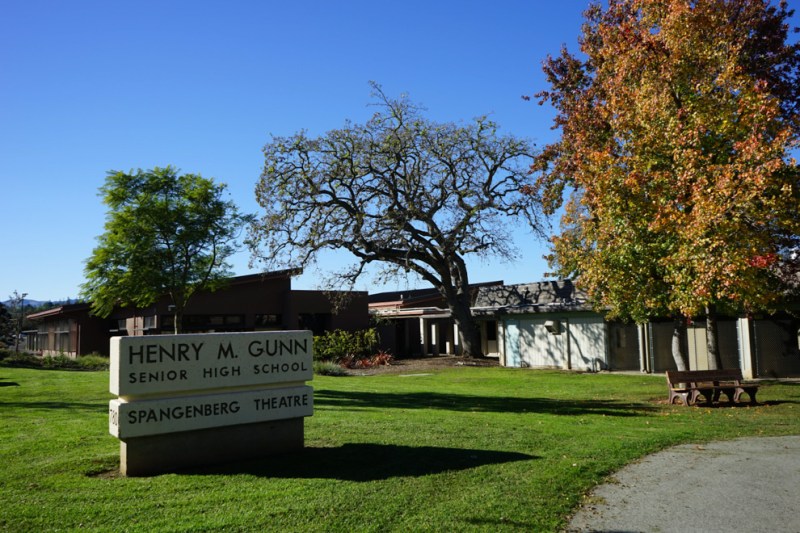Next quarter, the Haas Center for Public Service will launch a new volunteer program called the High School Support Initiative, which will connect Stanford students with local high school students in Palo Alto, Atherton and Redwood City.
Stanford students participating in the initiative will provide the younger students with mentorship and support to help them through high school and potentially help prepare them for college. The program focuses on minority students, prospective first-generation college students, students who need extra assistance in certain subjects and low-income students.
“Stanford students come from such diverse backgrounds and [have] fought through various hardships themselves,” said Sophia Kim, director of the program. “They will make good mentors who will be able to help struggling students.”
The High School Support Initiative will build on existing programs in three high schools near Stanford: Gunn High School in Palo Alto, Menlo-Atherton High School in Atherton, and Sequoia High School in Redwood City. The programs provide academic and social-emotional support to smooth students’ transition to high school and help them achieve success. Stanford student’s volunteer activities will range from one-on-one math tutoring to overall academic mentoring to group homework assistance.
Stanford students commit to participate in the High School Support Initiative for a minimum of one or two quarters, depending on the program. Volunteers visit the high school they are assigned to at least once a week for at least three hours, and will have different goals from week to week depending on the program and high school they are assigned to. However, volunteers have a certain degree of independence and are welcome to provide any extra assistance they believe would be helpful for the students.
“Since I come from a first-generation, low-income background, I understand that students from similar backgrounds often face academic struggles as they may not have the support network from family and community members,” said James Thieu ’20, who will join the program next quarter. “In addition, these students may not see higher education – especially top-tier universities like Stanford – as an option … I joined the program in order to help provide the academic support and encouragement for these students that more privileged students often take for granted.”
Kim believes that many students are unfairly disadvantaged in high school through no fault of their own, simply because of their background. A firm believer in education equity, she wants to provide all students with an equal opportunity to achieve their goals and get them the help they require.
Kim also highlighted the program’s ability to expose high school students to college life and college resources through their mentors.
“The small age gap would help strengthen the relationships the students would develop with their mentors and enable them to be more expressive, which many students might not be able to do with their teachers in high school,” Kim said.
Kim wants to make the High School Support Initiative a long-lasting program so that as many Stanford students as possible have the opportunity to not only help other students but also hone their communication, mentoring and tutoring skills – as well as learn about local education issues.
Applications to volunteer during winter quarter are closed now, but applications for spring quarter will open in February. The Haas Center is also open to students’ proposals for any additional program they would like to start in local high schools, such as coding clubs or yoga classes.
Contact Adi Jain at arjain ‘at’ stanford.edu.
